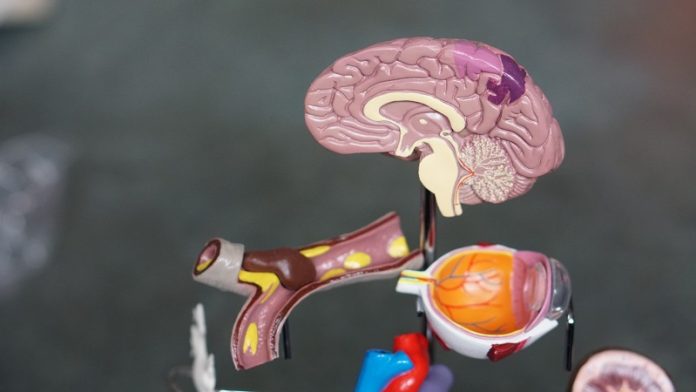
Head injuries are a cause for concern, often leading to hospital visits and recovery periods.
However new research is indicating that these injuries could have more long-term consequences than we thought, particularly when it comes to the risk of suffering a stroke later in life.
Why Is This Study Important?
The most common kind of stroke, called an ischemic stroke, happens when blood flow to the brain gets blocked. This can cause brain cells to die and may lead to lasting damage.
Researchers have found that suffering even a mild head injury can increase your chances of having this type of stroke. And if you’ve had more than one head injury, your risk goes up even more.
Dr. Holly Elser, a neurology resident at the Hospital of the University of Pennsylvania, led the study.
She says that their findings highlight the need to take steps to prevent head injuries and also to look out for stroke signs in people who’ve had such injuries before.
What Did The Research Find?
Dr. Elser and her team looked at data from a big U.S. study that began in 1987, tracking the health of more than 12,800 adults who hadn’t had a stroke or head injury at the start of the study.
Over the next 30 years, more than 2,100 of these people had a head injury, and 140 had a stroke.
The results were eye-opening:
- People who had one head injury had a 32% higher risk of having a stroke.
- People who had two or more head injuries had a 94% higher risk of having a stroke.
What’s remarkable is that age, race, or gender didn’t make a difference in these results.
How Can We Protect Ourselves?
Dr. Elser says that these findings make it clear that we need to do everything we can to avoid head injuries. This includes wearing seat belts in cars and helmets while riding bikes or engaging in other high-risk activities.
For those who’ve had a head injury, there may be additional steps to consider for reducing stroke risk.
This could include lifestyle changes like controlling high blood pressure and cholesterol, being physically active, and quitting smoking.
Dr. Elser presented these findings at a medical conference, but they have not yet been published in a medical journal.
Still, experts are taking notice because it adds to growing evidence that head injuries can have lasting effects on our health.
In summary, this new research adds a layer of urgency to the prevention of head injuries. Not only are they painful and disruptive in the short term, but they could also be setting the stage for significant health problems down the road.
Simple preventive measures like wearing a helmet or a seatbelt could not only save you from immediate harm but may also protect your future health.
If you care about stroke, please read studies about how to eat to prevent stroke, and scientists find a breakfast linked to better blood vessel health.
For more information about health, please see recent studies about how the Mediterranean diet could protect your brain health, and wild blueberries can benefit your heart and brain.
Follow us on Twitter for more articles about this topic.
Copyright © 2023 Knowridge Science Report. All rights reserved.



